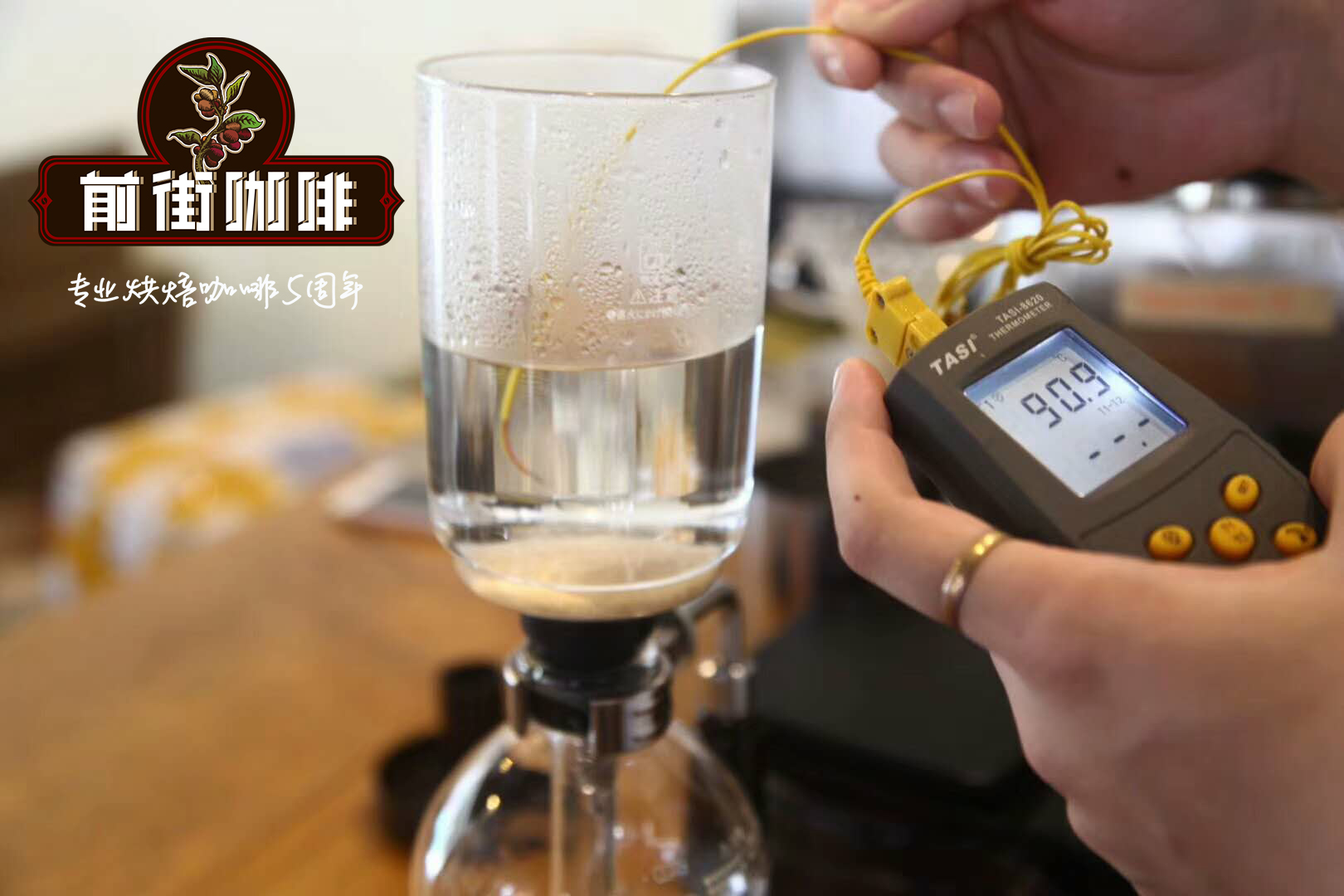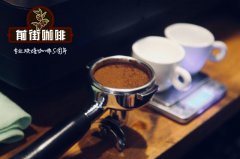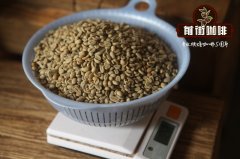How to distinguish the authenticity of imported coffee beans _ wholesale brand recommendation of imported coffee beans _ price of imported coffee beans

Professional coffee knowledge exchange more coffee bean information please follow the coffee workshop (Wechat official account cafe_style)
Do I need to provide phytosanitary certificate for imported coffee beans?
Are imported coffee powder or coffee beans imported from the original?
How to identify the quality and origin of coffee from the label?
● imported coffee beans are "raw and cooked differently"
According to the Law of the people's Republic of China on entry and exit Animal and Plant Quarantine, when plant products enter the country, the inspection and quarantine department must quarantine the goods, and only those products that have passed the quarantine inspection can be imported. Although roasted coffee beans come from plants, they have little risk of carrying pests after roasting at a high temperature of more than 200℃. Therefore, roasted cooked coffee beans do not belong to the products that must be issued with a phytosanitary certificate in the entry and exit Animal and Plant Quarantine Law of the people's Republic of China.
At present, China has no requirement to provide phytosanitary certificate for imported roasted coffee beans. However, raw coffee beans still need to provide a phytosanitary certificate issued by the official origin when they are imported.
● imported coffee beans are also divided into original and sub-packaged.
At present, the countries (regions) that allow the import of coffee beans in China include:
Vietnam, Indonesia, United States, Brazil, Colombia, Uganda, Italy, Ethiopia, Guatemala, Myanmar, Costa Rica, Tanzania, Rwanda, United Kingdom, Papua New Guinea, Timor-Leste, Kenya, Australia, Nicaragua, India, Taiwan, Austria, Spain, Germany, Dominican Republic, France, Honduras, Mexico, Zambia, El Salvador, Peru, Switzerland, Panama, Philippines, Ecuador, Jamaica, Singapore, Cameroon, Canada, Laos.
Like red wine and olive oil, coffee powder or coffee beans are not only imported, but also packaged in China. In addition to the countries that allow the import of coffee beans, the import of coffee beans from other non-permitted countries (regions) requires an application from the official of the importing country to the AQSIQ and the risk analysis of the AQSIQ before it can be imported.
At present, YUKI imports coffee mainly from Vietnam, Indonesia, the United States, Brazil, Colombia and other countries. 100% original import guarantee, good taste, can drink!
How does ● identify the quality and origin of coffee from the label?
Consumers can ask the seller for the qualified documents of the imported goods, if they can provide valid documents indicating that the products are formally imported and the quality can be controlled.
PS
It is important to note that:
The certificate issued by the import declared for inspection before July 28, 2015 is the "Health Certificate".
The certificate issued by the import declaration after July 28, 2015 shall be the Inspection and Quarantine Certificate of entry goods.
Consumers can confirm the origin by logo. There is a description of the product ingredients in the ingredient table in the Chinese label, according to which we can judge the product type, whether it is roasted coffee beans, coffee powder, instant coffee powder, coffee solid beverage, etc., the quality of regular imported products is guaranteed, and consumers can rest assured to eat.
● 's 9 most popular coffees in the world
Cappuccino (Cappuccino)
Latte (Latte)
French Milk Coffee
Turkish coffee
Irish coffee
Mocha coffee (Mocha)
Royal Coffee
Green tea, coffee.
Richmond's Mandarin Duck Coffee
END Qianjie Coffee: Guangzhou bakery, small storefront but a wide variety of beans, you can find a variety of unknown beans, but also provide online store services. Https://shop104210103.taobao.com
Important Notice :
前街咖啡 FrontStreet Coffee has moved to new addredd:
FrontStreet Coffee Address: 315,Donghua East Road,GuangZhou
Tel:020 38364473
- Prev

Import coffee beans notes and details_Coffee beans import process and information_Import coffee beans price
Professional coffee knowledge exchange More coffee bean information Please pay attention to coffee workshop (Weixin Official Accounts cafe_style) Compared with instant coffee, more people like to taste freshly ground coffee carefully brewed after fine grinding. A cup of coffee can kill an afternoon's leisure time. In recent years, more and more coffee shops have opened in the shopping malls and streets near our home. The main thing we see in coffee shops
- Next

Air coffee bean import customs declaration process _ recommended by imported coffee bean suppliers _ imported coffee beans are so expensive
Professional coffee knowledge exchange more coffee bean information Please pay attention to the coffee workshop (Wechat official account cafe_style) Air import of coffee beans customs declaration and declaration elements: ★ on the import duties of coffee beans, we must first determine the customs code, because the tariffs on coffee beans produced by different processes and ingredients are different. 1. If it is pure coffee beans as raw material without adding any other ingredients
Related
- Guji coffee producing area of Guji, Ethiopia: Humbela, Shakiso, Wulaga
- What is the most expensive variety of Qiloso in BOP multi-variety group?
- How to store the coffee beans bought home?
- Why are Yemeni coffee beans so rare now?
- Ethiopian Sidamo all Red Fruit Sun Sun Santa Vini Coffee beans
- SOE is mostly sour? What does it mean? Is it a single bean? what's the difference between it and Italian blending?
- Is Italian coffee beans suitable for making hand-brewed coffee?
- How to choose coffee beans when making cold coffee? What kind of coffee beans are suitable for making cold coffee?
- Just entered the pit to make coffee, what kind of coffee beans should be chosen?
- Can only Japan buy real Blue Mountain Coffee? What are authentic Jamaican Blue Mountain coffee beans?

